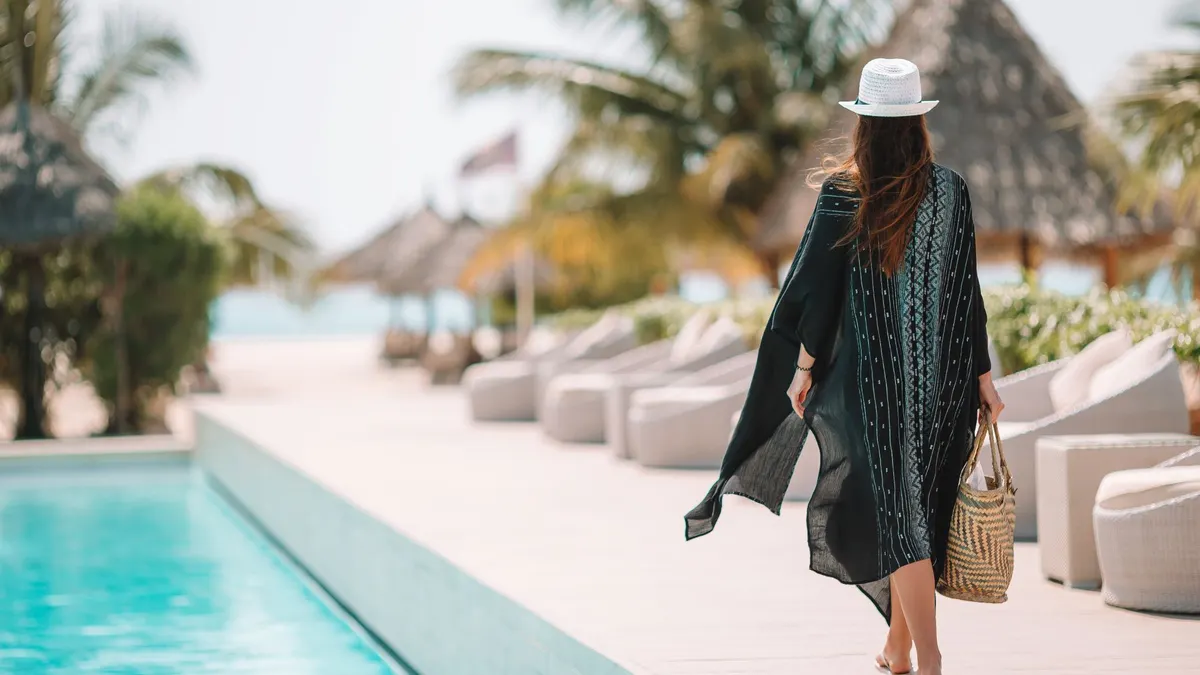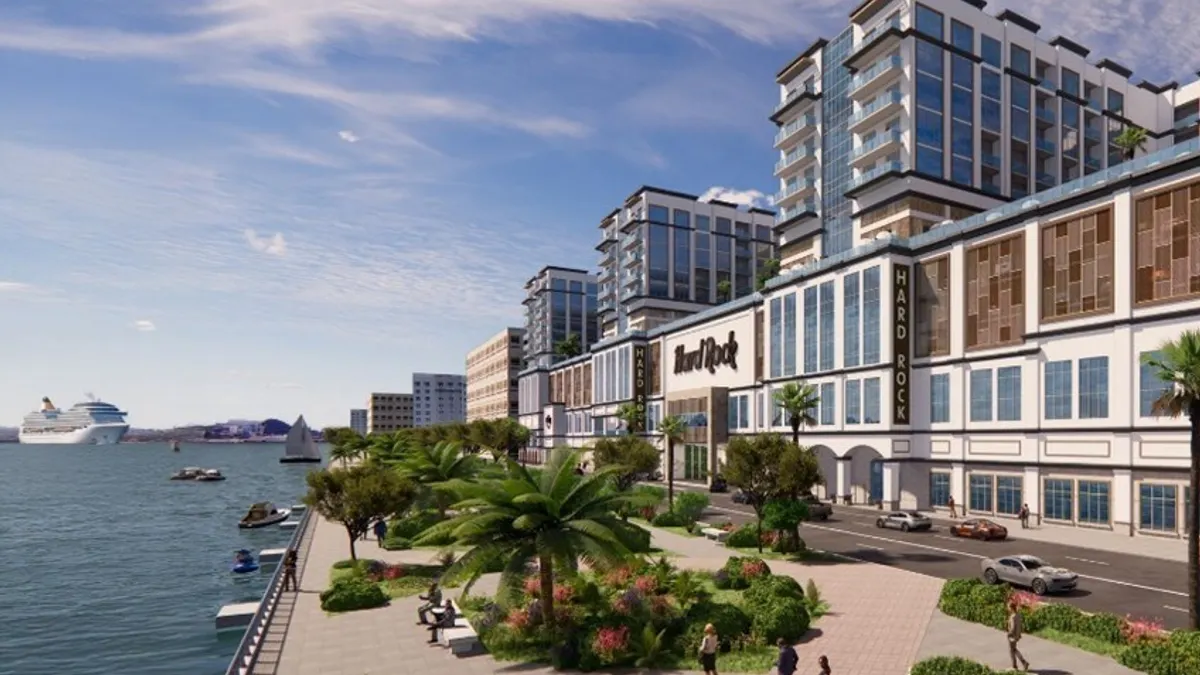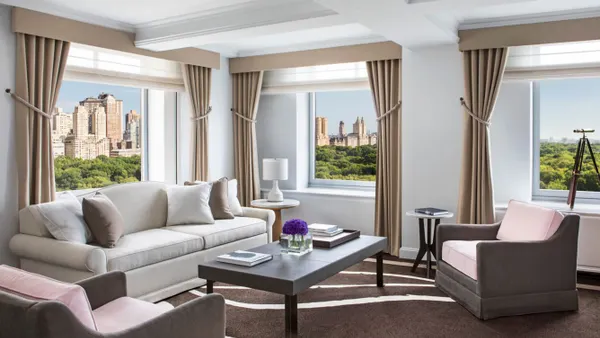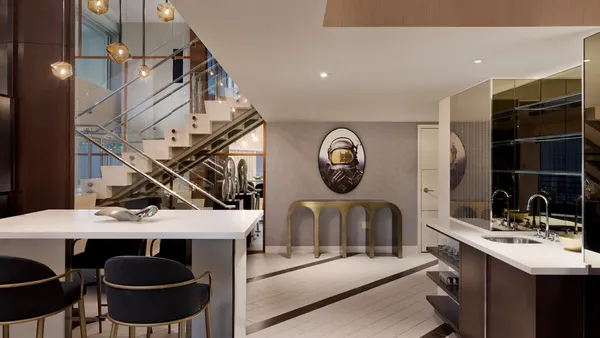Hotels have traditionally excelled at selling rooms. But in today’s volatile economy, relying solely on room revenue is no longer sustainable. The hospitality leaders outpacing the competition are those that have been able to unlock new revenue streams by diversifying their offerings and delivering seamless, personalized guest experiences.
Non-room sales now account for 32% of total revenue – a significant share that many properties are still leaving untapped. As traveller behaviours evolve and expectations rise, it’s time for hotels to fully embrace retailing – not just as an add-on, but as a core business strategy.
The Evolution of Hotel Commerce
From ancillary-based selling to dynamic packaging, hotels have long dabbled in upselling. But those efforts have often been tied to room bookings and limited to the booking stage. Meanwhile, consumer behavior has been reshaped by e-commerce, where convenience and choice are just a click away.
Customers see a brand as one unified experience, not segmented by departments or stages. They expect seamless journeys, personalized offers, and the ability to get what they want, when they want.
Today’s guests want the freedom to personalize their stay by adding experiences, services, and extras to a virtual shopping cart just like any online retailer. 61% of consumers are willing to spend more if offered a customized experience.
To meet these expectations, hotels must create an omnichannel environment that allows guests to browse and buy across every stage of the journey, from discovery to post-stay.
What It Means to Be a Retailing Hotel
So, what does it exactly mean to be a retailer? Hotels that are winning in this space are those that have been able to monetize everything from under-utilized spaces to popular requested services. From early check-ins to spa day passes or local activities – everything is merchandisable, and giftable.
Hotels must move beyond room-centric commerce to create shoppable guest journeys by bundling services into compelling packages and personalizing upsells using booking data and AI-driven insights.
Marc & Rose Hospitality Group, a luxury boutique brand, saw bookings for add-ons and personalized experiences rise by 84% after using SynXis Retailing, a merchandising solution. Today, they offer nearly 40 unique upsells across their properties, including the popular “Par & Pamper Pass,” a flexible package redeemable for spa and/or golf access. They’ve also tapped into demand for premium amenities like poolside cabana rentals, now seamlessly managed through the same tool.
But it doesn’t just stop there – it’s also about catering to non-guests. Locals and day visitors are increasingly looking for hotel-level experiences without staying overnight. By extending retail offerings beyond guests and into new markets, hotels can open up new channels while strengthening brand loyalty, without it being tied to room inventory.
Why This Matters Now
Hotels must do more than just convert bookings but also maximize spending per guest and push direct bookings with exclusive value-adds.
Vacationers are already in a spending mindset, and a recent McKinsey study shows consumers intend to splurge more on travel this year. By merchandising timely, relevant offers before and during the stay, hotels can tap into that mindset and lift revenue while enhancing the experience. More importantly, diversified revenue streams can help against occupancy slumps during low seasons or safeguard from economic downturns.
The Future of Hotel Retailing
Retailing has evolved from a static add-on strategy to a dynamic revenue engine and it’s a game changer.
The e-commerce solution SynXis Retailing, empowers hoteliers to transform every part of the guest experience into a monetizable moment. By surfacing high-value ancillaries, hotels aren’t just supplementing room revenue, they’re expanding it. Properties leveraging the solutions have seen average orders of $300 per ancillary booking, proving that strategic merchandising isn’t just smarter, it’s essential for maximizing profitability.
AI helps take this further. Machine learning helps personalize upselling strategies, while Generative AI is being used to power 24/7 digital concierges – recommending the right rooms for the perfect party size, spa treatments, dinner reservations or suggested activities in real time, and responding to guests instantly.
If your property already offers great amenities, experiences, and services – why not make them shoppable? And if you’re not offering them yet, it’s time to start. The most successful hotels of the future won’t just be selling rooms – but a lifestyle that guests and non-guests wants to be a part of.








